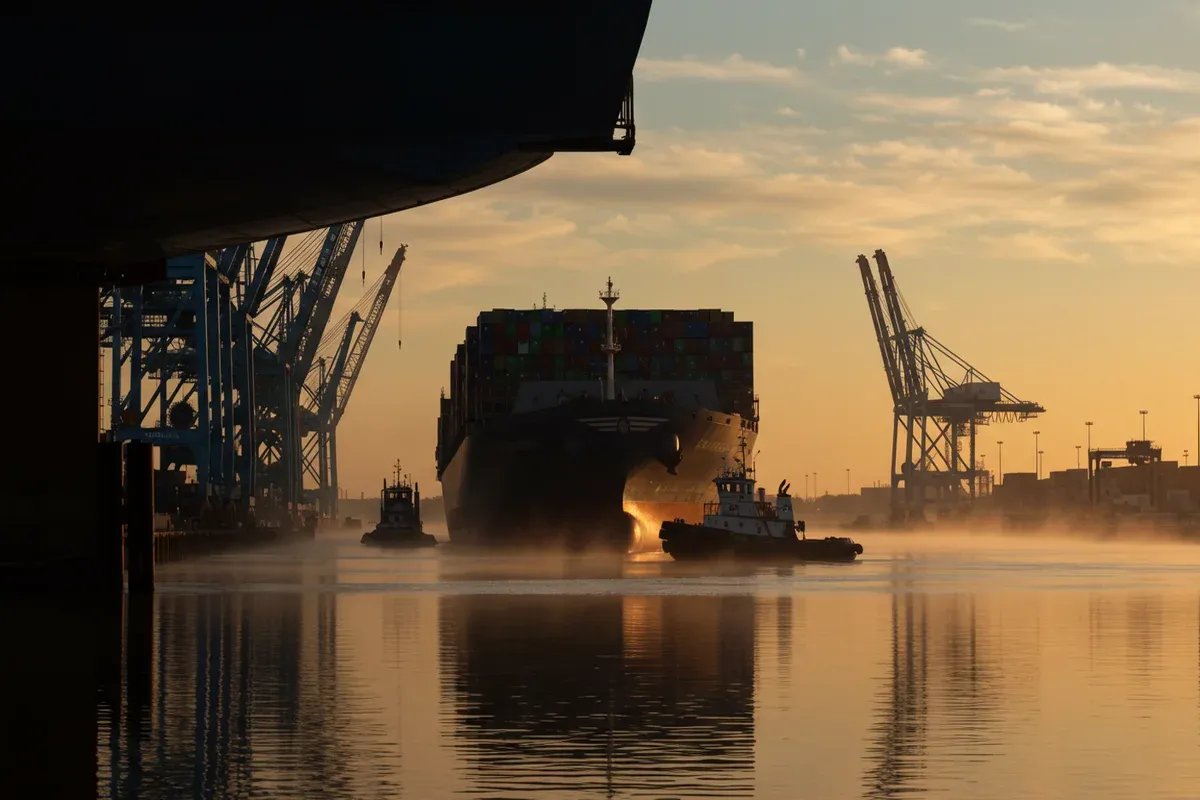
The Upper Mississippi River Basin Association (UMRBA) is a regional interstate organization established in 1981 by the governors of Illinois, Iowa, Minnesota, Missouri, and Wisconsin. Its primary mission is to coordinate the states' water resource programs and policies and to work collaboratively with federal partners to manage this vital section of the Mississippi River system. The Association focuses on a multidisciplinary approach, addressing commercial navigation, ecosystem restoration, water quality, aquatic nuisance species, hazardous spill response, and flood risk management. Through its commitment to cooperative planning, UMRBA has succeeded in fostering a uniquely integrative waterway management model, balancing environmental health with critical commercial uses. The Upper Mississippi is both a nationally significant ecosystem and a major commercial navigation system, as acknowledged in the federal Water Resources Development Act of 1986. UMRBA's ongoing initiatives have been instrumental in enhancing communication, advancing science-based management approaches, and supporting the diverse needs of stakeholders along the basin.
Navigation facilities typically operate 24 hours per day during the navigation season (spring through late fall), but specific port hours may vary by location and operator.
Major carriers serving this port